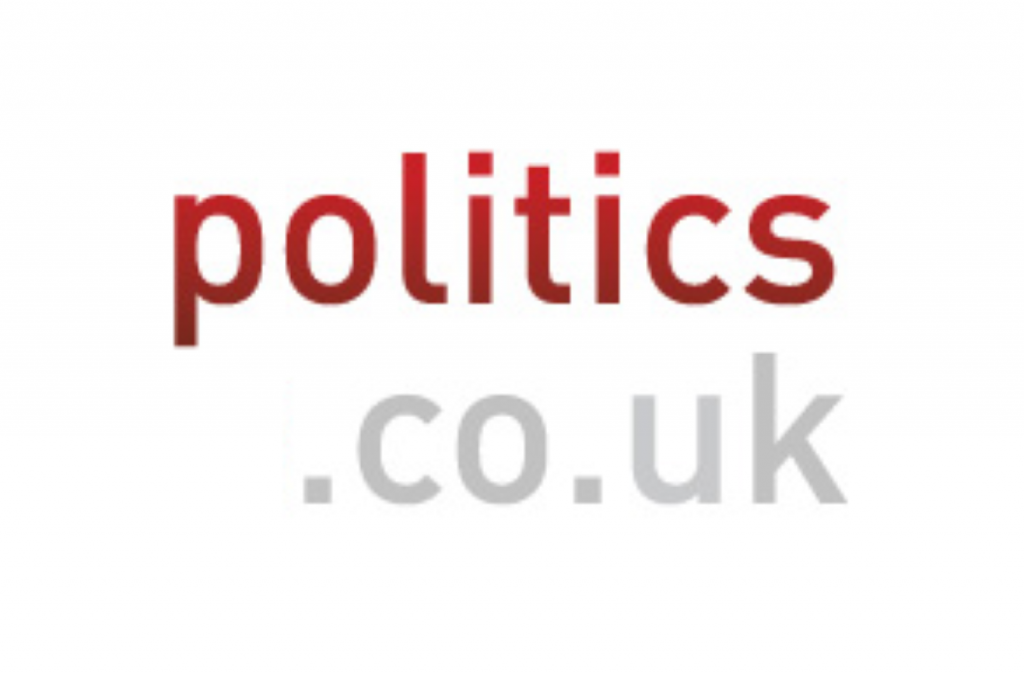Anger at rail fare rise
Passenger groups, unions and the opposition parties have reacted with anger to the news of above-inflation rail fare rises.
The rise will see season tickets and saver fares jump by four per cent, while advance bookings and cheap day returns will rise by between two per cent and 7.2 per cent. The rail industry says the rises are necessary to ensure improvement in services.
The news signals further misery for rail passengers after it emerged that rail companies have failed to agree a Christmas timetable on large parts of the network.
It means that rail passengers cannot finalise travel arrangements over the festive season or take advantage of reduced advance booking fares.


Shadow Transport Secretary Tim Yeo accused Labour of ‘broken promises, saying: “With no improvement in services, and reliability still worse than in 1997, passengers are continuing to pay for Labour’s failure to deliver.”
He added: “Labour’s Ten Year Plan promised rail users that they would ‘seek real reductions in the cost of rail travel’. They broke that promise. Labour said they would continue to cap increases in most currently regulated fares at one per cent below the rate of inflation. But this was all talk.”
The Liberal Democrat transport spokesman, John Thurso, was equally unimpressed, saying: “Passengers must be wondering how many years of double-inflation fare rises will be imposed before services actually improve.
“In any normal business you get the service right first and charge afterwards, so why is that not happening on our railways?”
Rail union TSSA criticised suggestions that the rise will help to improve services, accusing the Association of Train Operating Companies (ATOC) of trying to “hoodwink the public”.
General secretary Gerry Doherty, said: “It is disingenuous of ATOC to suggest that they will use fare increases to improve services when the funds raised will not help Network Rail to make the trains run on time or reduce future compensation payments.
“Passengers should not be expected to pay more until they are sure the money is going directly to improve services rather than lining shareholders’ pockets.”

